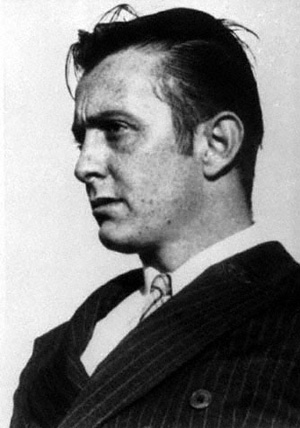John Fante Frases famosas
John Fante: Frases em inglês
“Almighty God, I am sorry I am now an atheist, but have You read Nietzsche?”
Fonte: Ask the Dust
“You are nobody, and I might have been somebody, and the road to each of us is love.”
Fonte: Ask the Dust
“I have wanted women whose very shoes are worth all I have ever possessed.”
Fonte: Ask the Dust
Fonte: The Brotherhood of the Grape (1977)
Contexto: Nobody crossed him without a battle. He disliked almost everything, particularly his wife, his children, his neighbors, his church, his priest, his town, his state, his country, and the country from which he emigrated. Nor did he give a damn for the world either, or the sun or the stars, or the universe, or heaven or hell. But he liked women.
